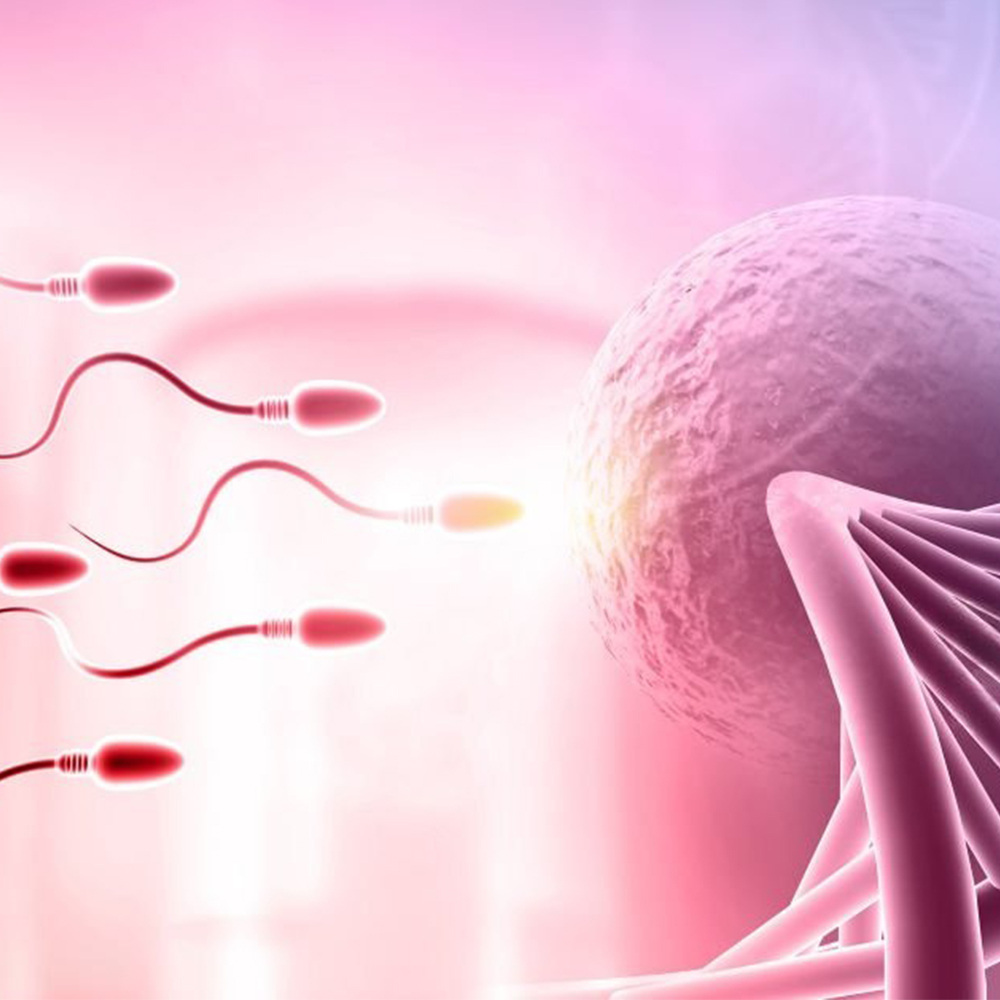Male Infertility: Dispelling the Myths and Embracing the Facts
Infertility is a deeply personal and often challenging journey for couples. For a long time, the spotlight in discussions surrounding infertility predominantly shone on women, leading to numerous misconceptions about male infertility. However, as scientific understanding has evolved, it has become increasingly clear that men play an equally significant role in the reproductive equation. It’s time to shed light on the facts about male infertility and address the common male fertility myths that perpetuate misunderstanding and stigma. Understanding the importance of male reproductive health awareness is crucial for fostering open dialogue, promoting early diagnosis, and accessing appropriate treatment.
Top Myths and Facts About Male Infertility
Myth 1: Only women are responsible for infertility.
Fact: This is perhaps the most pervasive and damaging myth. Male infertility contributes to nearly 40–50% of all infertility cases. It’s a shared responsibility, and both partners should be evaluated when a couple faces challenges conceiving.
Myth 2: If a man can ejaculate, then he is fertile.
Fact: While ejaculation is a necessary component of fertility, it is by no means the sole indicator. Fertility depends on crucial factors beyond mere ejaculation, including adequate sperm count, healthy sperm motility (their ability to swim effectively), and normal sperm morphology (their shape and structure). A man can ejaculate seemingly normally and still have underlying sperm issues.
Myth 3: Lifestyle doesn’t affect sperm health.
Fact: This couldn’t be further from the truth. Lifestyle choices have a profound impact on male fertility. Smoking, excessive alcohol consumption, chronic stress, poor diet, and obesity can significantly and negatively impact sperm production, quality, and DNA integrity.
Myth 4: Age doesn’t affect male fertility.
Fact: While the decline in female fertility with age is well-documented, it’s a male fertility myth that male fertility remains untouched. Male fertility also declines with age, albeit at a slower rate than in women. Older men tend to have lower sperm quality, reduced sperm motility, and an increased risk of sperm DNA fragmentation, which can affect conception rates and pregnancy outcomes.
Myth 5: Infertility means you’re not masculine.
Fact: This harmful stereotype is completely unfounded. Male infertility is a medical condition, just like any other health problem. It has absolutely nothing to do with a man’s masculinity, virility, or sexual performance. Equating fertility with masculinity can lead to shame, silence, and delay in seeking necessary medical help.


What Causes Male Infertility?
Understanding the Real Causes
Beyond the myths, it’s important to understand the actual causes of male infertility. These male fertility issues can be complex and multifactorial:
Modern Treatments for Male Infertility
The good news is that advancements in reproductive medicine offer numerous effective treatments for male infertility
Why Choose Yashoda IVF & Fertility?
For couples facing male infertility, choosing a clinic with specialized expertise is paramount. Yashoda IVF & Fertility is a leading center dedicated to comprehensive male reproductive health, offering:





















































